In the bustling streets of Iraq, where the scent of spices lingers in the air and the hum of daily life never ceases, there exists a humble yet deeply cherished tradition: Chai Karak. This fragrant, cardamom-infused tea is more than just a beverage—it is a cultural cornerstone, a symbol of hospitality, and a daily ritual that binds communities together. From the narrow alleys of Baghdad to the vibrant markets of Basra, the preparation and sharing of Chai Karak tell a story of resilience, warmth, and the unbreakable spirit of the Iraqi people.
The origins of Chai Karak in Iraq are as rich and layered as the tea itself. While its roots can be traced back to the Indian subcontinent, where it is known as "Karak Chai," the drink has been wholeheartedly embraced and adapted by Iraqis over the decades. The name "Karak" translates to "strong" or "potent," a fitting description for a tea that packs a punch with its bold flavors. The Iraqi version, however, has its own unique twist, blending local spices and preparation methods to create something distinctly Iraqi. For many, the first sip of Chai Karak is a revelation—a perfect balance of sweetness, spice, and warmth that lingers on the palate.
What sets Chai Karak apart is not just its taste but the way it is prepared and served. The process begins with boiling water and loose black tea leaves, often of a robust variety like Assam. Then comes the magic: a generous pinch of cardamom, sometimes crushed to release its aromatic oils, and a stick of cinnamon for depth. Sugar is added to taste, though some prefer it intensely sweet, almost syrupy. The tea is then simmered until the flavors meld together, and finally, a splash of evaporated milk is stirred in, giving it a creamy, velvety texture. The result is a drink that is both invigorating and comforting, perfect for any time of day.
In Iraq, Chai Karak is more than just a drink—it is a social glue. Tea shops, or chai khanas, dot the urban landscape, serving as gathering places where people from all walks of life come together. Whether it’s businessmen discussing deals, students cramming for exams, or friends catching up after a long day, these spaces are alive with conversation and camaraderie. The act of sharing a cup of Chai Karak is a gesture of friendship and trust, a way to break the ice or deepen bonds. It is not uncommon for strangers to strike up conversations over a shared pot, their differences momentarily forgotten in the warmth of the moment.
The cultural significance of Chai Karak extends beyond the tea shops. In Iraqi homes, serving Chai Karak to guests is a mark of respect and hospitality. No matter how modest the household, a visitor will almost always be offered a cup, often accompanied by dates or sweets. This tradition reflects the Iraqi values of generosity and kindness, where even in times of hardship, people find ways to share what they have. The tea is also a staple during celebrations and gatherings, from weddings to religious holidays, symbolizing joy and togetherness.
Yet, Chai Karak is not just a relic of tradition—it has also evolved with the times. In recent years, modern cafes in cities like Erbil and Sulaymaniyah have put a contemporary spin on the classic drink, offering variations like iced Chai Karak or versions infused with saffron and rosewater. These innovations have introduced the beverage to a younger generation, ensuring its place in Iraq’s culinary future. Meanwhile, street vendors continue to uphold the old ways, their brass kettles and small glasses a familiar sight in neighborhoods across the country.
The story of Chai Karak is, in many ways, the story of Iraq itself—a blend of history, resilience, and adaptability. Through decades of conflict and change, the ritual of preparing and sharing this tea has remained a constant, a small but meaningful act of normalcy and connection. It is a reminder that even in the face of adversity, life goes on, and the simple pleasures—like a well-brewed cup of Chai Karak—can bring comfort and hope.
For those who have never experienced it, Chai Karak may seem like just another tea. But to Iraqis, it is a taste of home, a thread that weaves through their daily lives and collective memory. Whether enjoyed in a crowded market, a quiet home, or a trendy cafe, each cup carries with it the essence of Iraqi culture—strong, sweet, and full of heart.

By Jessica Lee/May 10, 2025
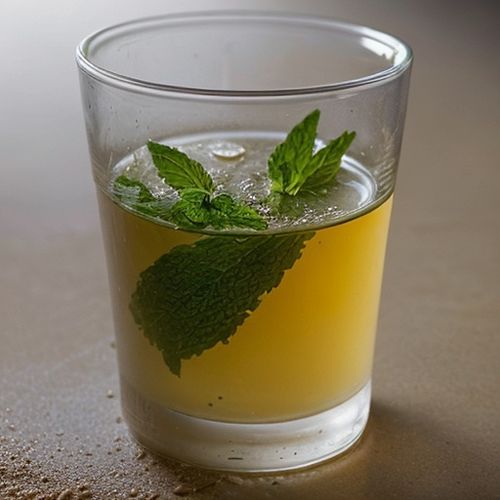
By Victoria Gonzalez/May 10, 2025
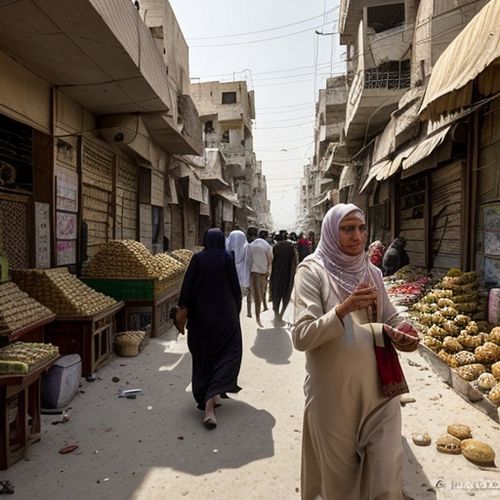
By Noah Bell/May 10, 2025
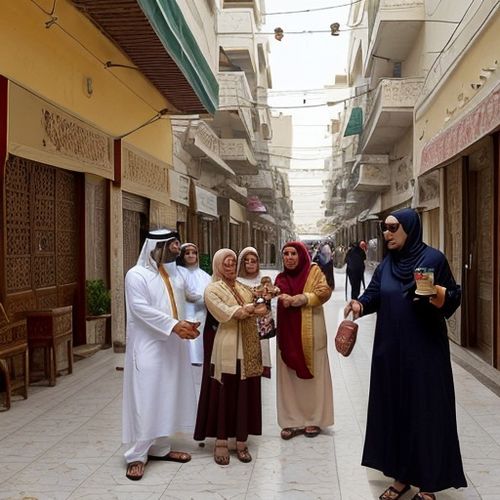
By Benjamin Evans/May 10, 2025
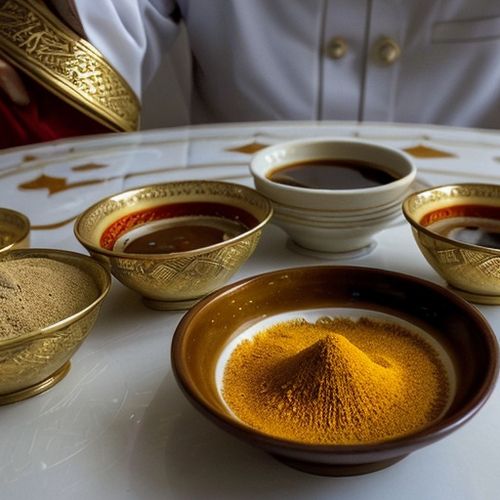
By Rebecca Stewart/May 10, 2025
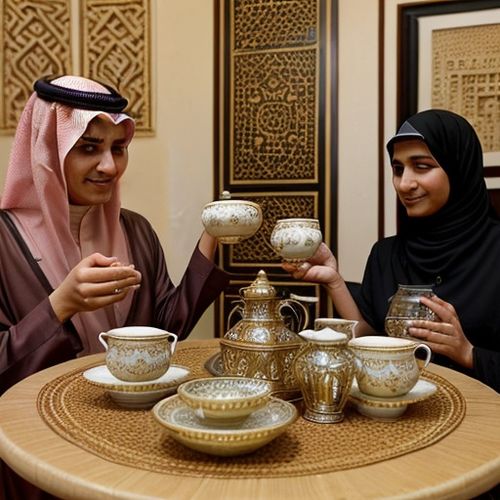
By Daniel Scott/May 10, 2025
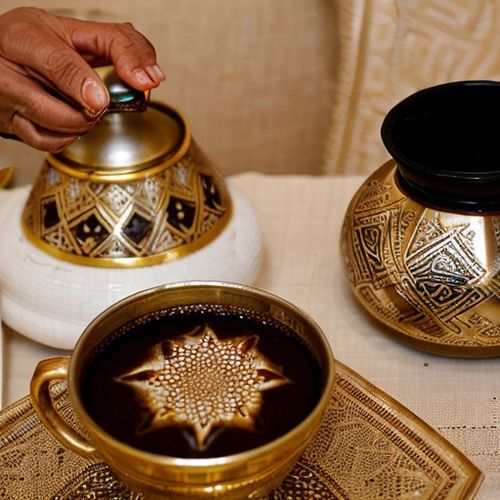
By Samuel Cooper/May 10, 2025
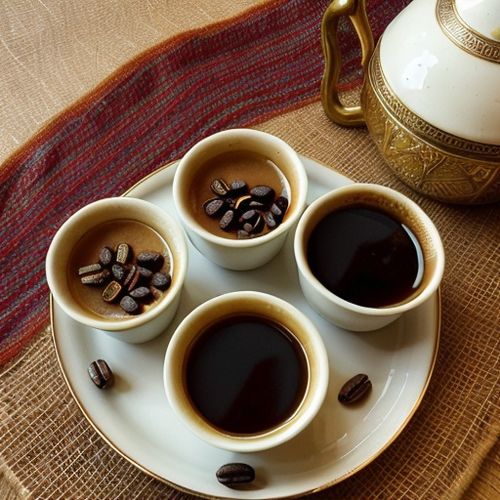
By Ryan Martin/May 10, 2025
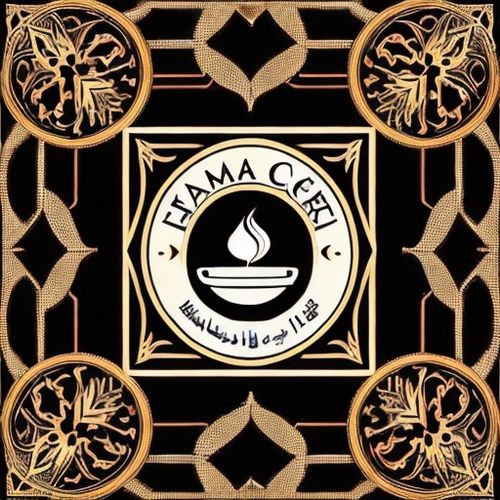
By James Moore/May 10, 2025

By Rebecca Stewart/May 10, 2025
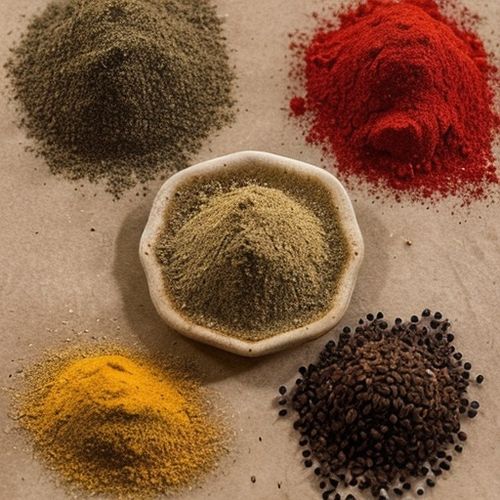
By Rebecca Stewart/May 10, 2025
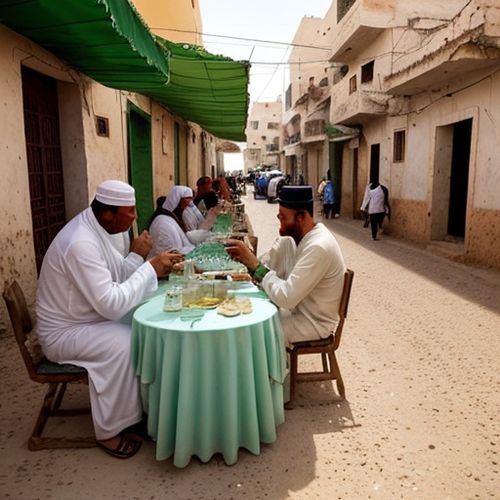
By Thomas Roberts/May 10, 2025

By Grace Cox/May 10, 2025

By Sophia Lewis/May 10, 2025
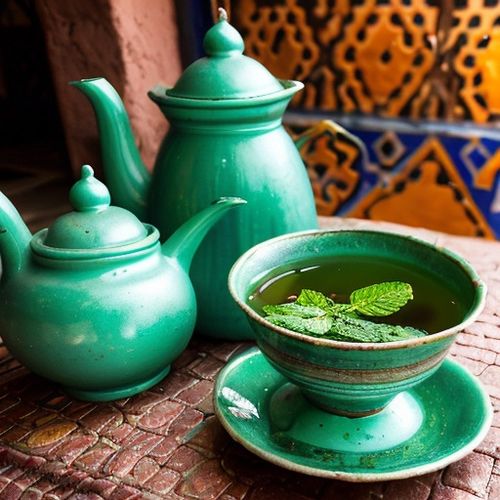
By Sophia Lewis/May 10, 2025

By Daniel Scott/May 10, 2025

By Amanda Phillips/May 10, 2025

By Lily Simpson/May 10, 2025

By Natalie Campbell/May 10, 2025

By Olivia Reed/May 10, 2025